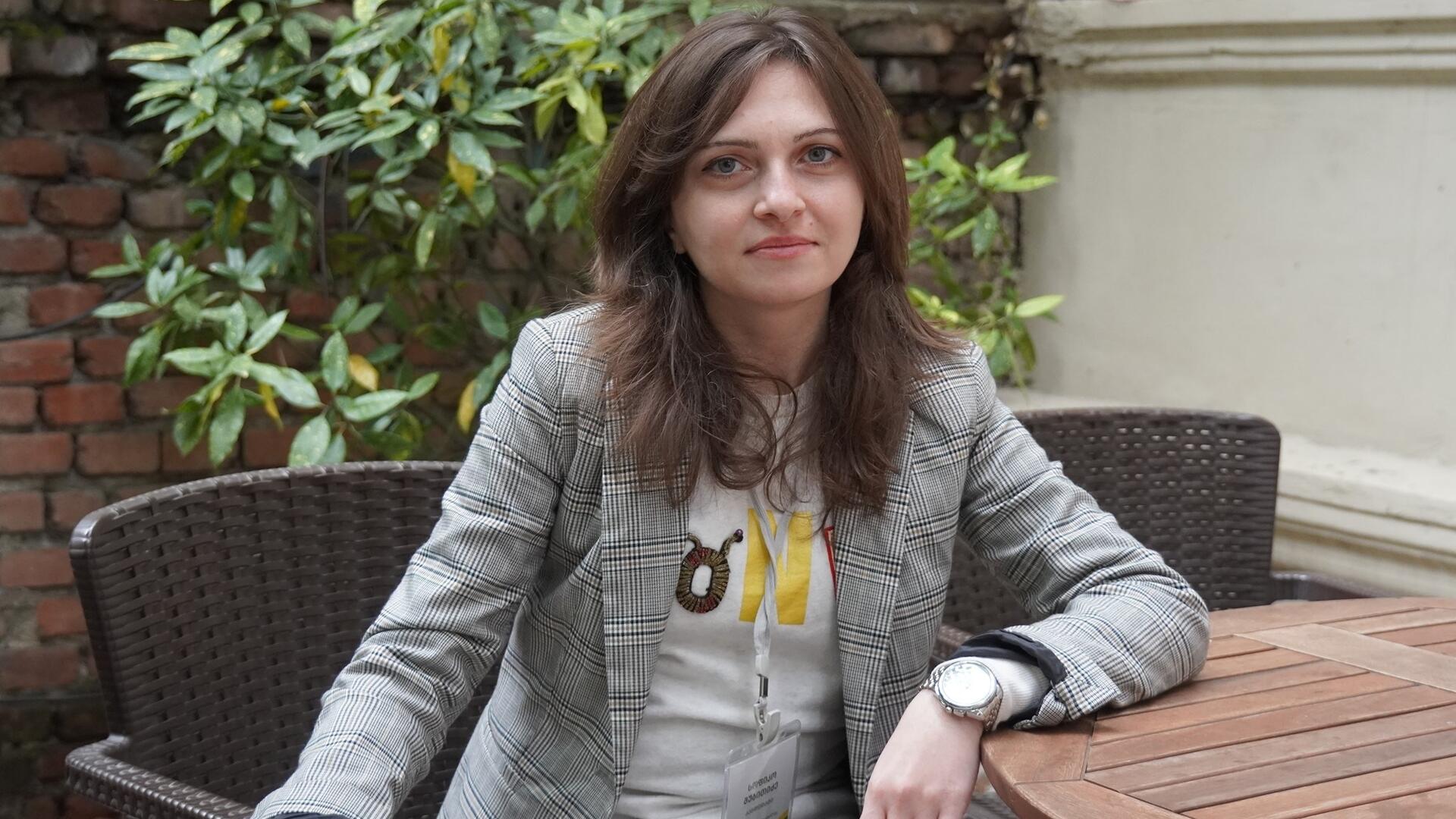Georgia is rapidly becoming a case study in democratic decline literature. European institutions have taken note; in July 2025, the European Parliament declared Georgia had undergone “a clear turning point toward an authoritarian government” following its 2024 elections - a deeply alarming development for an EU candidate country. Georgia’s Parliament has undertaken such a vast legislative agenda in recent years that it can be hard to keep track of what laws have been passed. People are fined or arrested for wearing masks, for standing on the pavement in protest, the majority of political leaders are in prison, and the main opposition parties will be outlawed in the following days. Georgia's ruling party plans to ask the Constitutional Court to ban the three largest opposition parties, which are all strongly pro-Western parties, as the chairman of the Parliament claims they pose "a real threat to the constitutional order."
Yet, a key question remains: when was the turning point? From which point should we measure this democratic decline? Can we even speak of "democratic backsliding" if a consolidated democracy never truly existed in Georgia?
A suggestion for that turning point was in 2022, when Georgia refused to align with international sanctions against Russia. But before that moment, Georgia had long occupied the gray zone of hybrid regimes, where the line between democracy and authoritarianism has always been blurred. Democratic formalities (freedom of expression and press, multiparty system, separation of powers) were blended with autocratic tactics like selective judiciary, elite corruption, weak rule of law, and the overconcentration of power in ruling parties.

From backsliding to autocratization
It may be more accurate to frame Georgia’s trajectory as autocratization rather than democratic backsliding. The distinction is crucial. Backsliding implies the erosion of an existing liberal democracy, while autocratization can occur from any regime type, including hybrid ones. Autocratization and democratic backsliding are processes that take place on separate tracks.
An “episode-based” approach to autocratization best explains what is happening in Georgia: a sudden, coordinated collapse in democratic performance across multiple arenas. These shocks typically unfold within one to three years, often stabilizing into new authoritarian equilibria.
Georgia appears to be in the midst of such a shock. Arguably, the trigger for this shock was Russia's full-scale invasion of Ukraine in 2022. Georgia's ruling elite intensified anti-Western rhetoric and consolidated political control under the guise of “sovereignty.” What followed was the rapid concentration of power, suppression of dissent, and capture of key institutions - a textbook case of accelerated autocratization.
“ ''Georgia had long occupied the gray zone of hybrid regimes, where the line between democracy and authoritarianism has always been blurred.'' ”
Why so fast? The domestic contributors
Why did autocratization proceed so quickly? Traditional explanations - state capture, media control, and judicial dependence are predictable and offer little surprise. What requires closer scrutiny, however, are the internal societal dynamics, particularly within opposition and civil society forces. We must look at the civic structures that enabled or failed to resist this rapid shift.
Problem one: fragmentation
The central problem is the fundamental fragmentation. Opposition parties and civic groups remain divided, less by ideology than by personal animosity and mutual distrust. Activists, for instance, often refuse to share a protest stage with opposition politicians. Autocracy thrives on such division, and in Georgia, meaningful coordination has barely been attempted. Opposition and dissent groups should recognise the existential need to overcome fragmentation and disunity. The price the country is paying for not doing that is too high. This absence of a collective strategy has granted the ruling regime full discretion to pass repressive legislation, detain opponents, and normalize political persecution. The country now records one of the highest per-capita imprisonment rates in the region - higher even than Russia’s.
Problem two: emotions over strategy
A second crucial societal factor is the dominance of emotional reactivity over strategic rationality. Instead of articulating long-term strategies, public life revolves around cycles of protest, outrage, moral appeals, and estimated frustration. This creates an asymmetry: the regime plans, while the opposition and dissent groups react or just endure. This emotional mode of politics and struggle cannot build sustainable and strategic resistance and inevitably leads to public fatigue. This was a strategic failure of imagination. Opponents waited for an emotional spark to unite the people, refusing to believe the regime would go "all the way." But the regime had already shifted the battlefield. This shift meant a fundamental redefinition of the political arena: As the resistance movement turned to protests and moral appeals in defense of democracy, the government moved swiftly to seize vital institutions and entrench its authoritarian rule. Its modus operandi was no longer democratic. Autocrats succeed not only by acting strategically but also because their opponents initially refuse to believe such a strategy exists.
Problem three: underestimating the regime
A third, often-overlooked factor is the persistent underestimation of the regime. There has been a constant failure to "learn the regime's language" and correctly diagnose its nature. For years, opponents debated: Is it a self-sustained oligarchy? A Russian-style dictatorship? Or something uniquely Georgian? A common sentiment during the protests was - It can’t happen here; we are not Belarus. We are freedom-loving Georgians.
What is next: key takeaways
Georgia’s recent trajectory is an autocratization shock - short, intense, and rapid. While external events like the war in Ukraine provided the trigger, significant contributors and enablers of this shock were also the fragmentation of opposition and dissent groups, a reliance on emotional politics over strategy, and a critical underestimation of the regime. These contributors merely accelerated deeper, pre-existing features of the hybrid regime in Georgia.
If resistance is to succeed, it must evolve into a coordinated, rational, and strategically disciplined movement. Every crisis holds the potential to become a catalyst for renewal; even the dismantling of party infrastructure can open the way for a new, more resilient form of resistance. When democratic institutions collapse, opposition is outlawed, and civil society is silenced, we must not despair - we must rebuild.
Footnotes
- European Parliament. (2025, July 9). Parliament deplores the democratic back-sliding and repression in Georgia [Press release]. European Parliament. https://www.europarl.europa.eu/news/en/press-room/20250704IPR29451/parliament-deplores-the-democratic-backsliding-and-repression-in-georgia
- OC Media. (2025). Explainer: The 25 legislative changes that have shaped Georgia’s authoritarian slide [Updated 9 days ago]. https://oc-media.org/explainer-the-16-legislative-changes-that-have-shaped-georgias-authoritarian-slide/?utm
- Machaidze, I. (2025, October 1). Georgian government announces plan to outlaw political opposition.Eurasianet.https://eurasianet.org/georgian-government-announces-plan-to-outlaw-political-opposition
- Reuters. (2025, October 28). Georgian parliament speaker says ruling party asks court to ban the three largest opposition parties. Reuters. https://www.reuters.com/world/georgian-parliament-speaker-says-ruling-party-asks-court-ban-three-largest-2025-10-28/
- Grillo, E., Luo, Z., Nalepa, M., & Prato, C. (2024). Theories of democratic backsliding. Annual Review of Political Science, 27, 381–400. https://doi.org/10.1146/annurev-polisci-041322-025352
- Sato, Y. (2022). Institutional order in episodes of autocratization (V-Dem Working Paper No. 133). University of Gothenburg. https://www.v-dem.net/media/publications/WP_133.pdf
- Valtonen, E. (2025, October 20). Georgia has more political prisoners per capita than Russia — this is not a European path. Georgia Today. https://georgiatoday.ge/elina-valtonen-georgia-has-more-political-prisoners-per-capita-than-russia-this-is-not-a-european-path/

